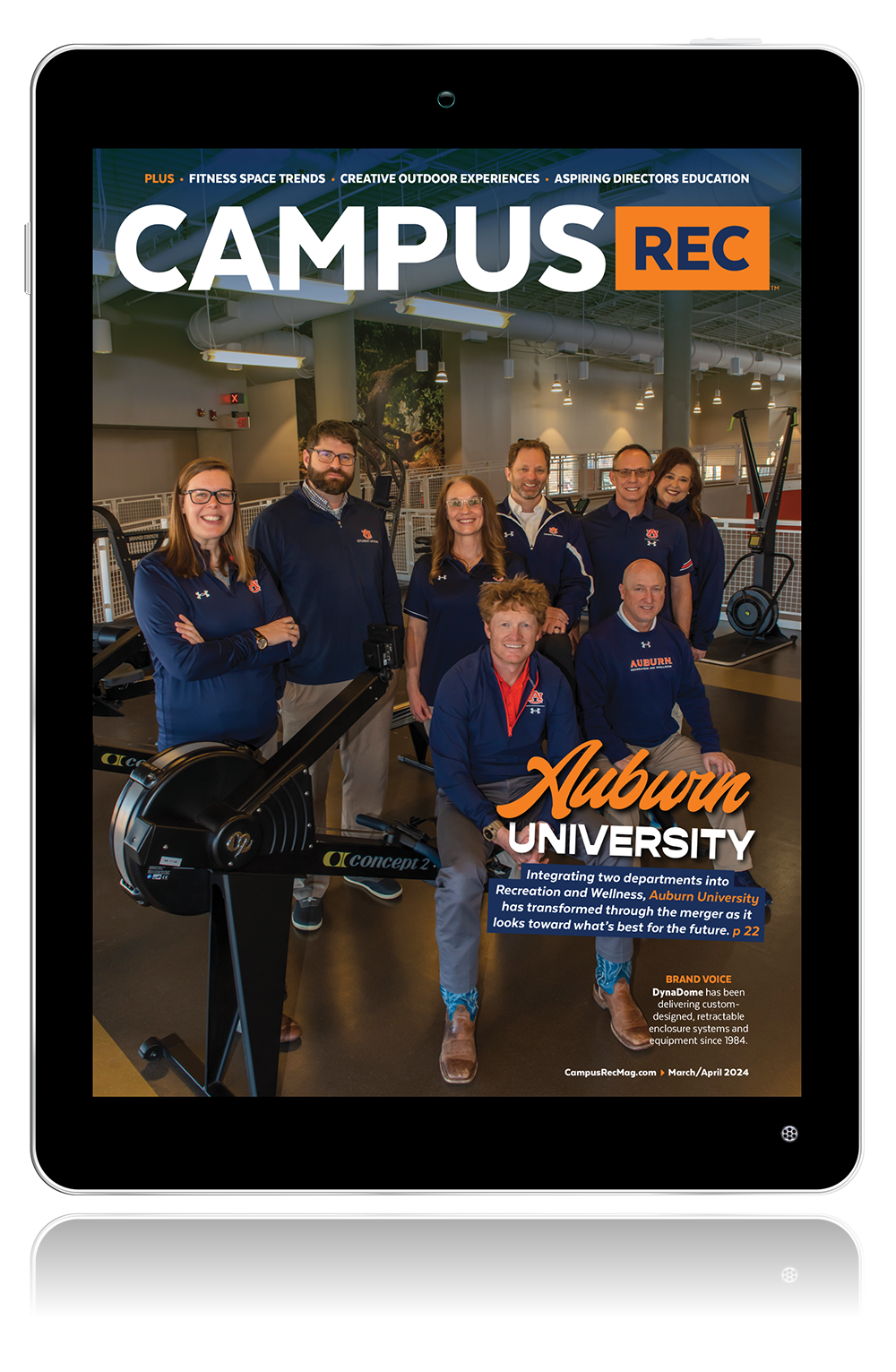This is Part Two of a three part series about the talent acquisition process from Steven Trotter.
Read Part One here.
A positive employee experience cannot exist solely without focusing on employee engagement. Employee engagement is a continuous process that drives performance and enhances organizational culture through opportunities for role clarity, feedback and creating a sense of purpose and belonging. Throughout Part One, we focused on the first three steps of the employee lifecycle.
In Part Two of this three-part series, we will cover the next three steps of the employee lifecycle.
During-Service Journey
Let’s define the during-service journey as any time after the team member completes onboarding and before the team member separates from the organization.
Engage
The fourth stage of the employee lifecycle establishes and tests our organization’s employee engagement systems.
Employee engagement can be measured by various methods, including the Gallup Q12, and buckets team members into actively engaged, not engaged or actively disengaged.
Engaged team members show up to work with purpose and will instinctively find ways to be creative and improve. One of the best ways to build strengths and purpose and further enhance engagement is to encourage managers to shift from a boss mindset to a coach mindset, one who cares about each team member and what makes them unique.
Here are questions to ask yourself when building strengths and purpose:
- Are team members and managers aware of their individual strengths?
- Is team member well-being a top priority of the organization?
- Is the team member in a position to do what they do best?
- Are team member reward and recognition systems continuously evaluated for their effectiveness?
- Are managers aware of issues that are most important to the team members?
- Does the organization create opportunities for team members to share their work in the community or on campus?
Perform
The fifth stage of the employee lifecycle focuses on driving performance and expectations. Annual performance reviews will not drive performance and expectations alone, and the “sandwich method” of delivering feedback in a performance review isn’t the gold standard. Feedback should be an ongoing process, including formal and informal opportunities where frequent praise and recognition are given.
- Is feedback measured in an objective method with clear key performance indicators?
- Are performance reviews fair and set in a manner that encourages improvement and holds everyone accountable for baseline expectations?
- Do team members have the opportunity to provide self-evaluations?
- Are managers trained in how to deliver effective performance reviews and feedback?
- Are managers treating each team member how they would like to be treated while maintaining standards and expectations?
- Does your organization focus on your best performers?
Develop
The sixth stage of the employee lifecycle encourages opportunities for growth and personalized career paths. Ongoing coaching conversations are critical for a team member’s development.
It’s important to know not every team member wants to climb the proverbial management or leadership ladder. As such, coaching career growth should be done in a flexible and personable way.
Coaching career growth should include a co-created journey between the manager and the team member, based on the team member’s values and goals. The manager’s focus is on encouraging the team member to capitalize on opportunities where they will have the highest chance of success. Here are questions to ask yourself when coaching career growth:
- Does your organization allow team members to do more of what they naturally do well and enjoy?
- Do team members have opportunities to learn and grow?
- Do managers regularly discuss progress and growth with each team member?
- Does your organization regularly identify and remove barriers to team member growth?
- Are compensation plans structured to compensate team members in direct proportion to the team member’s amount of expertise in their current role?
- Are the career growth plans set up to give team members a marketable experience?
On occasion, you might hear managers and leaders of an organization be hesitant to invest too much in the experience and development of team members because they are worried about them leaving. However, the hesitation is permanently neutralized with the chance that you don’t invest in your team members and they stay. Therefore, in Part Three, we will focus on creating a positive exit experience.










